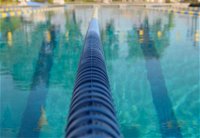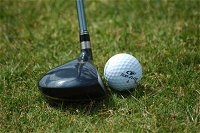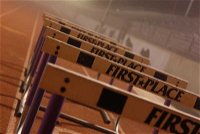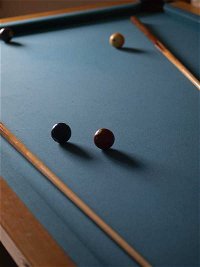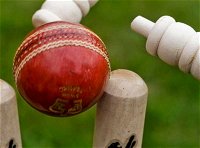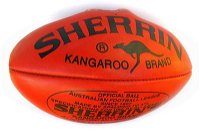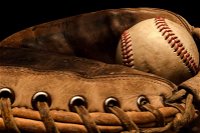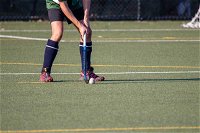
How The West Was Really Won (Part I) Quiz
Sport Stars from Western Australia
I am a pretty parochial Western Australian, who loves his sport. It comes as no surprise that I am also quick at singing our State's great achievers. Here's a small sample of those that are recorded in our Hall of Champions.
by pollucci19.
Estimated time: 3 mins.
